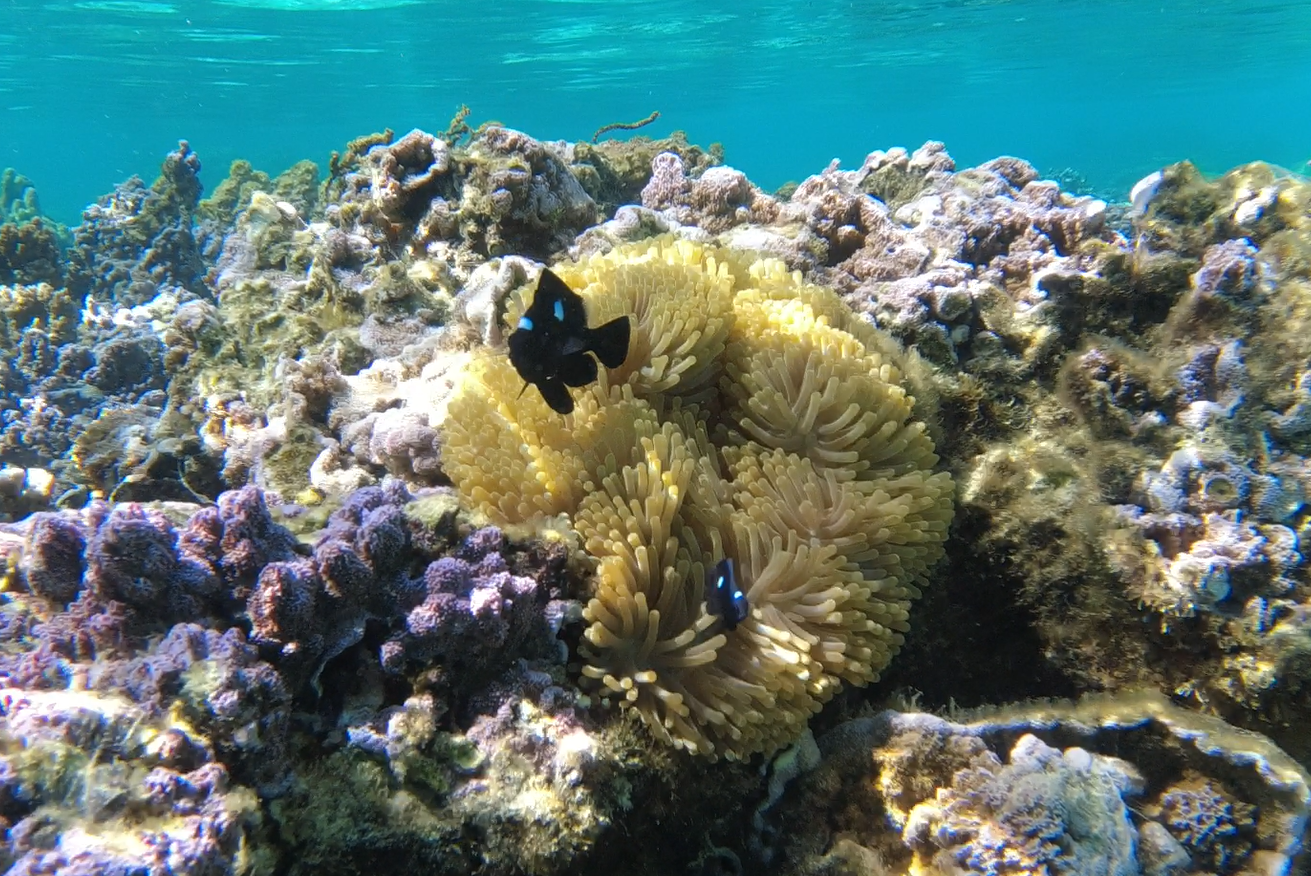
The Impact of Climate Change on Underwater Photography
Underwater photography offers a captivating peek into the hidden marvels of our oceans. Yet, climate change is significantly altering this delicate ecosystem, impacting both marine life and the photographers who document it. This piece explores how climate change affects underwater photography, focusing on environmental changes, shifts in marine biodiversity, and the challenges that arise for photographers.
Understanding Climate Change and Its Oceanic Effects
Climate change, propelled by global warming, has drastically altered ocean temperatures, sea levels, and weather patterns. These changes directly influence underwater environments, affecting coral reef health and marine species' behavior. For underwater photographers, these transformations bring both challenges and new possibilities.
Coral Bleaching and Habitat Loss
Coral reefs, known for their vibrant colors and diverse marine life, are favorite subjects for underwater photographers. However, rising sea temperatures have led to widespread coral bleaching. This process causes corals to expel the algae living in their tissues, resulting in a stark white appearance and often leading to coral death. The loss of color and biodiversity diminishes the visual allure of reefs, making it harder for photographers to capture the once-breathtaking beauty of these underwater landscapes.
Changes in Marine Biodiversity
Climate change impacts marine biodiversity by altering species distribution and behavior. Warmer waters force species to migrate to cooler areas, disrupting existing ecosystems. Underwater photographers might find that species they once regularly photographed are no longer in their usual habitats. This shift necessitates exploring new locations, often further away, to capture the same diversity of marine life.
Increased Storm Activity
Climate change has led to more frequent and intense storms, creating turbulent and unpredictable ocean conditions. Stronger currents, reduced visibility, and rough seas pose significant challenges for underwater photographers. Planning shoots around stable weather conditions becomes more complex, and personal safety risks increase. Additionally, storms stir up sediment and debris, clouding the water and affecting photo clarity and quality.
Ocean Acidification
Another consequence of higher CO2 levels is ocean acidification, which weakens the structural integrity of marine organisms like corals and shellfish. This deterioration impacts the overall health of marine ecosystems. For photographers, this means fewer opportunities to capture thriving coral reefs and diverse habitats, as the environments they depend on for stunning visuals continue to decline.
The Role of Underwater Photographers in Climate Advocacy
Despite these challenges, underwater photographers play a crucial role in raising awareness about the impacts of climate change on marine environments. Through powerful imagery, they can document the harsh realities of environmental degradation, promoting conservation efforts and influencing public opinion and policy. Social media and environmental campaigns offer platforms for photographers to share their work and advocate for ocean protection.
Adapting to the New Normal
Underwater photographers must adapt to changing conditions by using innovative techniques and technologies. Advanced camera equipment that performs well in low visibility, exploring less affected locations, and collaborating with marine scientists can help photographers continue to capture the underwater world's beauty. Emphasizing sustainable practices and reducing their carbon footprint are also vital steps for photographers dedicated to preserving the environments they cherish.
Conclusion
Climate change profoundly impacts underwater photography, affecting both the natural world and the art of capturing its beauty. As our oceans continue to change, underwater photographers face unprecedented challenges but also have a unique opportunity to contribute to environmental advocacy. By adapting to new conditions and using their unique perspective to highlight the importance of marine conservation, photographers can help ensure that future generations can appreciate the wonders beneath the waves.
